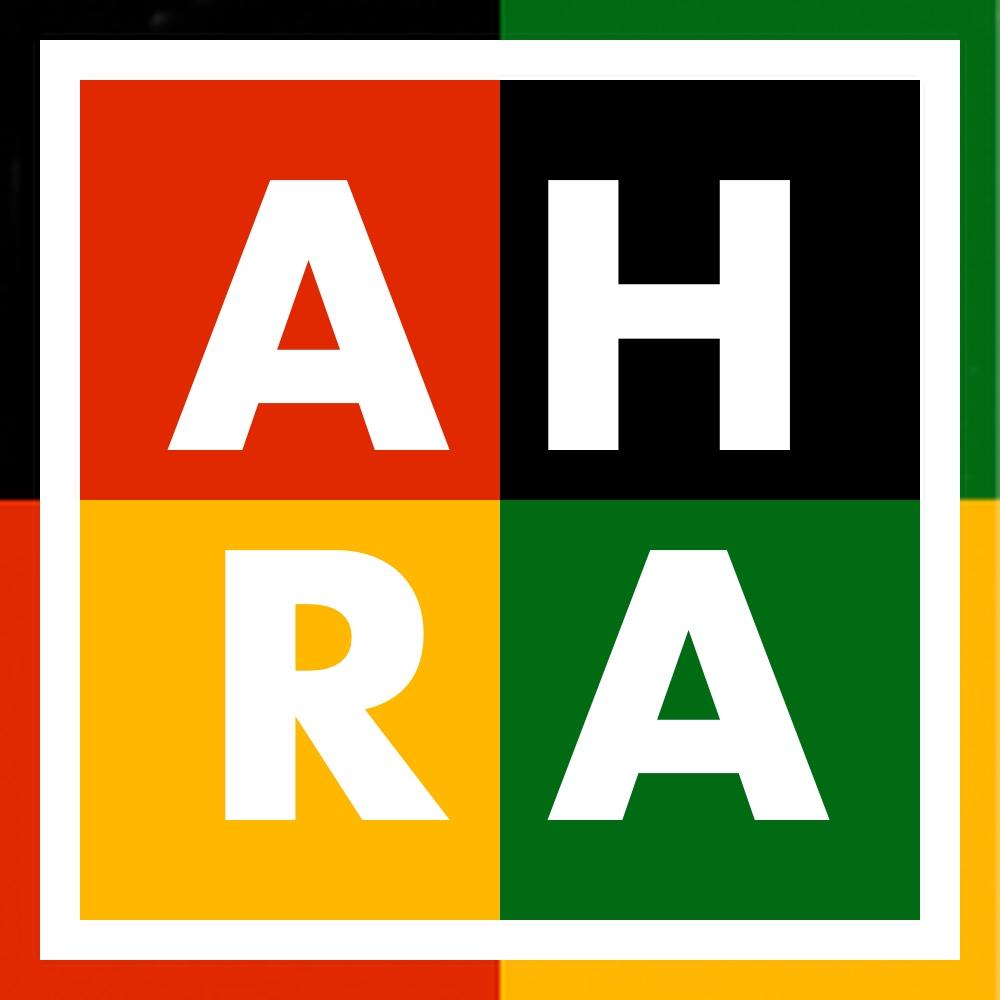African Heritage Reparations Assembly Issues Final Report

Photo: African Heritage Reparations Assembly
Source: African Heritage Reparations Assembly
Fulfilling its obligation as a Town Committee established by the Town Council and Town Manager, the African Heritage Reparation Assembly of Amherst (AHRA) released on September 26, its final report and recommendations for reparative justice to redress racialized harms waged against the town’s African American residents historically and in the present era. Over the course of two years, the assembly studied the history of structural racism in Amherst; solicited input through listening sessions and a community survey run in collaboration with the University of Massachusetts Donahue Institute; and examined current racial disparities and the ongoing effects of racism on Black residents. The report recommends an array of remedies.
“The idea of reparations is as old as human conflict itself,” said AHRA member Amilcar Shabazz. “When we experience harm, the necessary way to end the conflict is to assess, acknowledge, and apologize, and to repair the damage consistent with the needs identified by the harmed community. This involves a process that requires time, effort, and resources. The AHRA report responds to these needs with a structured approach that commits us to do all that we can on the state and federal levels. We are acting locally in advance of global change.”
Presenting historical findings and linking the wealth and landscape of present-day Amherst to slaveholding, the report highlights that today’s Boltwood Avenue is named for the descendant of an enslaver. In the 20th century, deed restrictions were used in Amherst to exclude African American people from owning property, such as a 1950 deed mandating that a property on Blue Hills Road “shall not be sold or rented to any colored person or persons.”
Noting that racial bias today often takes the form of protest against affordable housing, or what’s known as “NIMBYism” (Not In My Back Yard), the report catalogs current Black/white disparities in the town in such areas as home ownership and income. As of 2019, the median income for white families was 2.4 times greater than that of Black families. Additionally, the report reveals that Black drivers in Amherst speed less and are involved in fewer car accidents than their white peers but are stopped and searched disproportionately and are 1.5 times more likely to be arrested following a stop. In appendices, the report includes additional documentation of racism in education, health care, transportation, and other areas.
“The path of local reparations invites a community to genuinely acknowledge and confront the present-day manifestations of its past. It asks us to look closely at our individual beliefs and collective structures that allow harm to persist, so that we may transform and heal. This is hard, necessary work, in which we can all play a role and from which we can all benefit,” said Michele Miller, AHRA Chair.
“The path of local reparations invites a community to genuinely acknowledge and confront the present-day manifestations of its past. It asks us to look closely at our individual beliefs and collective structures that allow harm to persist, so that we may transform and heal.“
Pursuant to the AHRA’s official charge, the report recommends a reparations plan and names youth programming, affordable housing, and business grants as the priority areas for funding. It also lays out a framework for eligibility. Noting that all Black residents are eligible for reparations due to present-day structural racism, the framework centers and prioritizes those whose ancestors were enslaved.
The town has already committed $2 million over 10 years for a reparations fund. The report recommends that the town accelerate its commitment to ensure the fund is fully funded within 4 years, and that the fund operate as an endowment with annual spending of $100,000. It lays out several mechanisms to achieve this funding goal.
“It’s incredible to see our community leading such an important effort,” said U.S. Congressman James P. McGovern (MA-2). “The African Heritage Reparation Assembly of Amherst is a model for the courage, care, and commitment we need to dedicate to address the legacies of slavery all around the country.”
This movement for reparations in Amherst began in 2020 as a grassroots initiative called Reparations 4 Amherst, which paved the way for the AHRA’s work through its reporting on historical harm and modern-day disparities. The final report recommends ongoing “truth and reconciliation” initiatives, including educational opportunities for non-Black residents.
The final report of the AHRA will be discussed at the next meeting of the Amherst Town Council on October 2.
For additional information about the work of the African Heritage Reparation Assembly of Amherst, please visit the AHRA Website. The final report can be accessed here.
